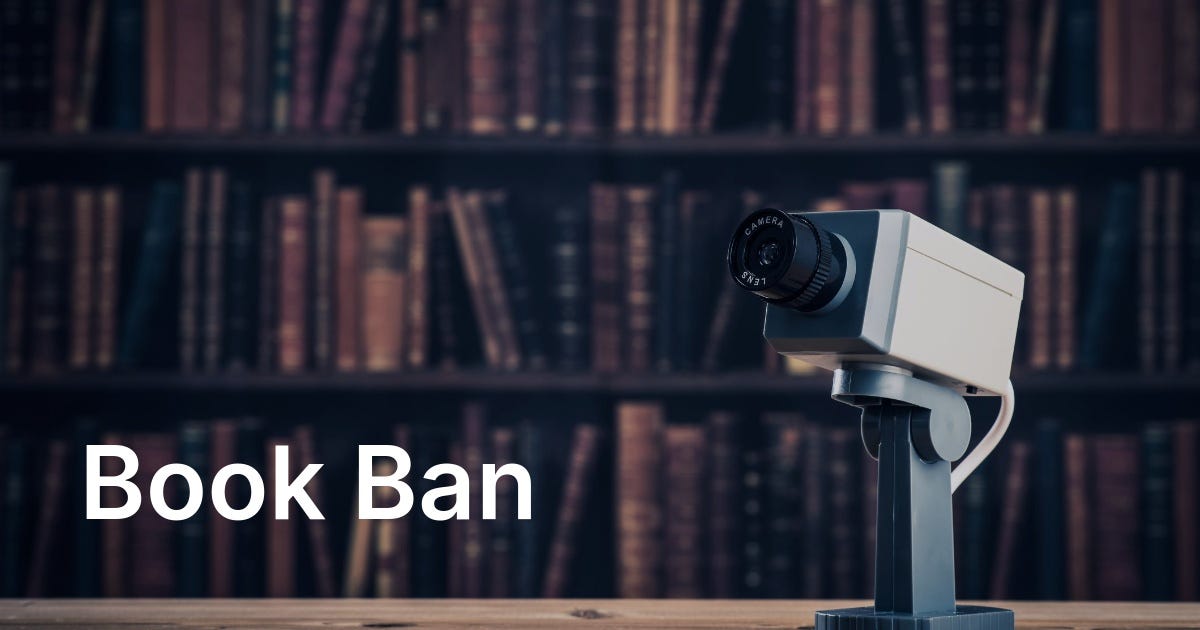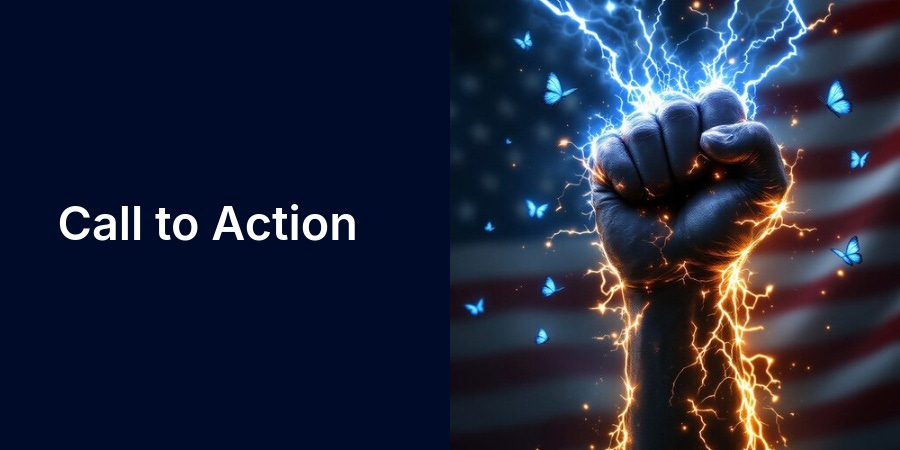Protecting Historical Truth: The Front Line Against Book Bans
Inclusive Curriculum Standards
As book bans and curriculum restrictions sweep the nation, a new battle is raging over who gets to decide what our kids learn. Evidence shows that inclusive curriculum standards—not censorship—are the real safeguard for democracy, student well-being, and honest history. Here’s what’s at stake, who’s driving the chaos, and how communities are fighting back.
In 2024, American classrooms became ground zero for a culture war over history, identity, and the right to read. Book bans hit record highs, with over 10,000 instances documented in public schools, disproportionately targeting stories about race, gender, and sexuality. While politicians and pressure groups claim to be “protecting children,” the evidence points to a coordinated campaign to erase marginalized voices and rewrite the past. The real solution? Inclusive curriculum standards that ensure every student learns the full, unvarnished story of America—warts, wonders, and all .
The Book Ban Blitz: Who’s Behind the Censorship Surge?
Book bans are at historic highs: PEN America tracked 10,046 book bans in the 2023–24 school year, affecting 4,231 unique titles in 29 states. Florida and Iowa led the pack, with over 4,500 and 3,600 bans, respectively .
It’s not just “concerned parents”: The American Library Association (ALA) found that 72% of censorship demands now come from organized pressure groups and government officials—not individual parents or library users .
What’s being targeted? The most frequently banned books feature LGBTQ+ characters, people of color, or address topics like racism, sexual violence, and mental health. “The majority of book censorship attempts are now coordinated by organized groups, not individual parents or community members,” the ALA reports .
Due process? Not so much: PEN America found that 98% of bans ignored best-practice guidelines for transparency and review, often yanking books without public input or professional evaluation .
What it means:
This isn’t a grassroots movement—it’s a top-down, politically orchestrated effort to control what students can read and learn. The targets are clear: stories that reflect the diversity and complexity of American life.
The Chilling Effect: How Censorship Hurts Students and Teachers
Teachers are self-censoring: “We’re seeing teachers self-censor, avoid important topics, and even leave the profession because they fear retaliation for teaching honest history,” says the National Council for the Social Studies .
Students lose out: Most banned books are by or about people of color or LGBTQ+ individuals. The loss of these stories means students are less likely to see themselves—or others—reflected in what they read, undermining engagement and belonging .
Academic outcomes are slipping: The 2022 NAEP Reading Assessment showed 37% of fourth graders performing below proficiency, with declines linked to reduced access to diverse, relevant materials .
Marginalized students are hit hardest: “If you don’t teach diversity and the truth as it was, we risk repeating the horrors of the past. Not only that, but we actively harm and further oppress the voices of the marginalized,” warns Dezz, an ACLU campaign participant .
What it means:
Censorship doesn’t just silence books—it silences students, teachers, and the very idea of education as a tool for critical thinking and civic engagement.
Inclusive Curriculum Standards: The Evidence-Based Antidote
States are fighting back with inclusion: California, New Jersey, Colorado, Oregon, Illinois, Nevada, and Washington have all passed laws requiring that curriculum reflect the histories and contributions of LGBTQ+ people, people of color, and other marginalized groups .
It works: Research confirms that inclusive curriculum standards improve student engagement, academic achievement, and school climate for all students—not just those from marginalized backgrounds .
Community-driven, not one-size-fits-all: Successful states involve families, educators, and advocacy groups in developing and reviewing curriculum, ensuring local relevance and buy-in .
UNESCO backs it up: The United Nations’ Routes of Enslaved Peoples Programme and International Day for the Remembrance of the Slave Trade and its Abolition affirm that teaching about slavery and its legacies is vital to democracy and the fight against racism .
What it means:
Inclusive standards don’t “indoctrinate” or “politicize” schools—they depoliticize by setting clear, evidence-based guardrails for accuracy and representation, while allowing for local adaptation.
Policy Solutions and How You Can Fight Back
Adopt inclusive curriculum standards: States and districts should require that all students learn the full sweep of U.S. history, including the experiences of marginalized groups .
Protect teachers: Legal safeguards are needed so educators can teach honest history without fear of retaliation .
Demand transparency: Public, professional review processes for challenged books and curriculum build trust and accountability .
Engage your community: Attend school board meetings, share your story, and support students and teachers standing up for the freedom to read and learn .
Track the data: Use resources like PEN America’s Book Ban Dashboard and the ALA’s Challenged Books List to monitor censorship in your area .
What it means:
The fight for honest education isn’t just about books—it’s about democracy, equity, and the right of every child to know where they come from and where they can go.
What’s Next
Expect more legal challenges to censorship laws, continued rollouts of inclusive standards in leading states, and a fierce battle over school board seats in 2025. The outcome will shape not just what’s on the shelves, but the very soul of public education.
Reader Question
Have you or someone you know experienced changes in what’s taught—or not taught—in your local schools? How has it affected your view of education and community?
Learn more and get involved:
Timing:
Mark your calendar for Banned Books Week (October 5–11, 2025) and the UNESCO International Day for the Remembrance of the Slave Trade and its Abolition (August 23).
Methods/Verification Note:
All facts and data were verified using the latest reports from PEN America, the American Library Association, and UNESCO. Quotes are attributed to named individuals or organizations, and all statistics are linked to primary sources for transparency and accountability.




